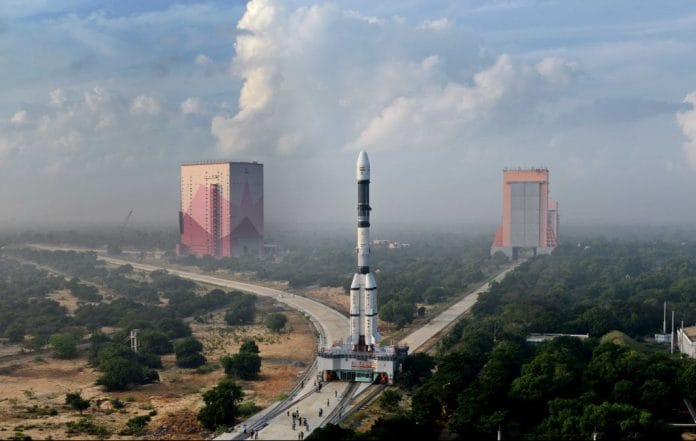High technology-driven industries in India have seen exponential growth in only two kinds of policy environments:
1. Where the government had a marginal presence, giving a free hand to competitive market-driven economics, such as the Information Technology (IT) services sector.
2. Where the government was an incumbent, but set up a regulator to let the sector attract more private investment and allow market forces to drive growth, such as the telecom industry.
The success of both these sectors has led to immense socio-economic benefits, which have been passed on to citizens and contributed to India’s overall economic growth story.
The space industry in India today is perhaps where IT was in the 1990s, with several entrepreneurs trying to enter the sector with their own products and services. The question is, how can the government ensure that they survive and thrive?
India is a maturing space power
Today, the Indian space sector is witnessing exciting start-ups like Astrome, Exseed Space and Pixxel. The difference between them and the traditional industries that serve the Indian Space Research Organisation (ISRO) is that they are trying to build independent products and services, instead of being a cog in the ISRO supply chain.
This transition is a sign of a maturing space power. It happened in the US several decades ago, when the government had to find a framework to regulate industry activity, so that entrepreneurs can easily do business in space.
The goal in India should be to simply provide regulatory certainty for the start-ups. For example, if a start-up wants to launch its own satellite, it will need a set of frequencies to operate its satellite and communicate with it. Right now, ISRO interfaces with the Department of Telecommunications (DoT) for its satellite operations. However, there is no clarity on what basis such frequencies will be allocated for independently-functioning start-ups.
Depending on the type of activity, there are a number of other areas in the space industry which need regulatory certainty for growth. These include licencing to distribute images acquired from satellites, supervising and coordinating potential tests by start-ups wanting to operate their own rockets, etc.
Again, to give a sense of how this works in a mature space power like the US, companies do not go to NASA to get approvals for their activities. The US government has deputed independent agencies for the job — such as the Federal Communications Commission to coordinate the use of space frequencies, the Federal Aviation Administration to coordinate space launches and rocketry-related tests, the National Oceanic and Atmospheric Administration to licence those who want to provide imagery-related services, and the United States Department of Commerce to regulates any export-related issues.
A single coordinating body could help leapfrog US
In 2017, India’s Department of Space issued a draft space bill, which states that companies planning to independently pursue space activities need to apply for a government licence. The draft bill says the government will “put in place a mechanism”, but does not make it clear what timelines, processes or institutions will be involved.
Given that the varied nature of activities and the several institutions within the government that need to be involved in providing regulatory clarity to the nascent space industry in India, the space bill should consider setting up of an independent coordinating body which can act as a single point of contact for all types of activities.
By establishing a single coordinating body, India has a chance to leapfrog established space powers such as the US, where space entrepreneurs are struggling to deal with multiple agencies and institutions. This will also allow the government itself to effectively coordinate among its own ministries and departments as well.
Setting up a body which can make the regulatory framework for this industry will also provide impetus for Parliament to pass the space bill. This would then allow the newly-created body to do all the necessary groundwork in setting the rules of the game for different activities, instead of the space bill having half-baked overarching clauses, which could take us back to the days of ‘Licence Raj’.
The writer is a space industry expert and founder of NewSpace India, a networking community for space-related developments in India.
Also read: Chandrayaan-2 launch proves India is a major player in the race for space dominance






